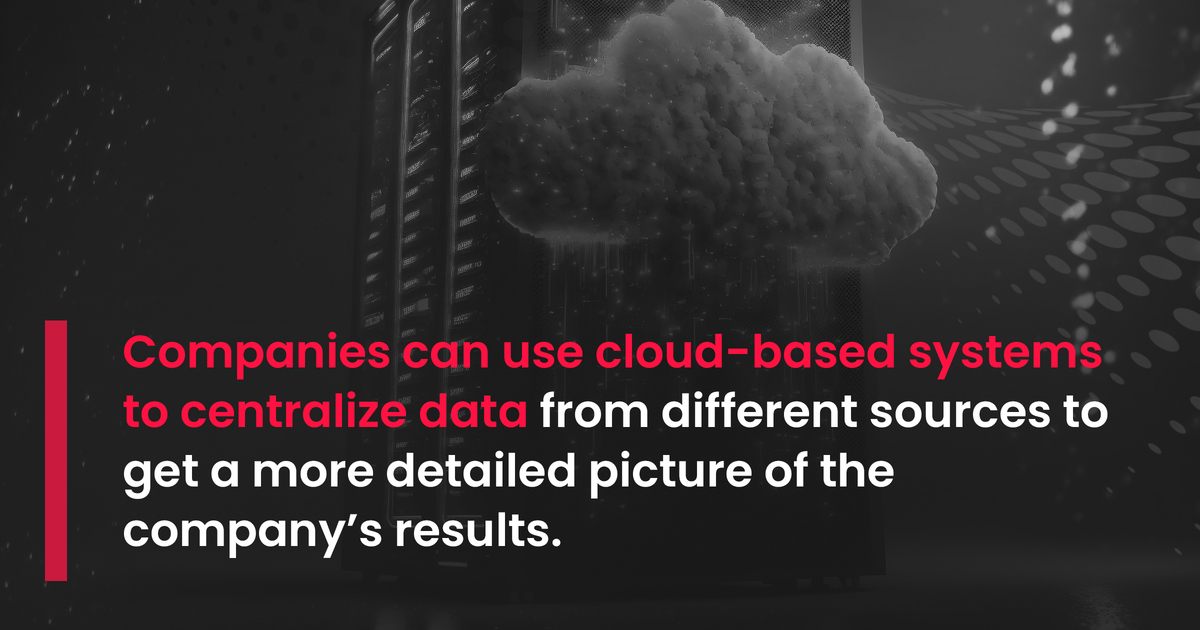Today, companies feel more and more obliged to prove they are aware of how they impact communities and the environment and are taking the responsibility to tackle this. Rational and pragmatic business models suggest that the image of a brand or a company depends on the way it treats its customers, the environment and, not least, its employees.
The pressure that companies feel and their efforts to tackle it often take the shape of corporate social responsibility which, while once an admired business policy, has now shifted to become a crucial corporate strategy.
Let’s check the trends of corporate social responsibility that are worth following in 2023 and beyond.
What is corporate social responsibility?
Corporate social responsibility (CSR) is a concept whereby businesses incorporate concerns about communities and the environment into their operational processes which helps them to be socially responsible to their customers, employees, and stakeholders.
When a company puts CSR into practice, it can track the level of impact it has on society, the economy, and the environment. Furthermore, CSR plays an important role in the way people view a brand which in turn can help to attract more loyal customers, investors, and top talent, especially since people place a high value on the CSR objectives that the company in question has.
Why is CSR important?
There are several reasons why it is important for companies to employ CSR. First of all, if a company has a positive image, this has an immense impact on the way customers perceive the brand although there are other reasons:
- Employees feel more engaged within companies that invest in CSR and such businesses show higher levels of staff retention and recruitment rates.
- Since customers highly value socially responsible companies, they are more likely to become loyal, and more devoted customers mean greater development for a company.
In view of all these reasons (top talent retention, increased brand value, and engaged employees), it’s safe to say that CSR can help companies to gain a competitive edge.
Which CSR trends are worth following in 2023 and beyond?
1. Increasing employee involvement in CSR activities
Employee engagement plays an important role within a company and, with a solid culture of sustainability and support for innovation, firms are not only more likely to attract top talent but also motivate employees so they can enjoy playing an active role in the business.
However, some staff members may not feel sufficiently engaged to take part in CSR projects. One of ways to tackle this is to use gamified platforms which enable people to participate in various challenges related to CSR and corporate volunteering. Moreover, businesses can provide paid time off for volunteering and arranging volunteer activities.
 For instance, a startup called Purpozed based in Germany offers services for businesses that want to swiftly and easily implement corporate volunteering into their organization. With its help, companies can help their employees to find volunteer projects that correspond to their needs.</>
For instance, a startup called Purpozed based in Germany offers services for businesses that want to swiftly and easily implement corporate volunteering into their organization. With its help, companies can help their employees to find volunteer projects that correspond to their needs.</>
2. Cloud-based CSR
Organizations that make use of cloud-based CSR programs have the ability to develop scalable, affordable, and adaptable solutions for managing data and communication. These programs automate every step of CSR processes, from managing volunteers to tracking donations and evaluating impact.
 For example, Millie, the workplace donation platform, makes donations and volunteering enjoyable, accessible, and meaningful. The platform allows its corporate users to create campaigns centered on non-profit partners, launch a sustainability project, or help employee resource groups. It also allows companies to develop event pages and monitor the impact of projects in real time.
For example, Millie, the workplace donation platform, makes donations and volunteering enjoyable, accessible, and meaningful. The platform allows its corporate users to create campaigns centered on non-profit partners, launch a sustainability project, or help employee resource groups. It also allows companies to develop event pages and monitor the impact of projects in real time.
3. Embracing diversity management
Companies can employ digital platforms to offer their employees diversity training courses. They may also form employee resource groups (ERGs) to link people from different cultures who can freely share their experiences. ERGs are associations of co-workers who share similar experiences that usually focus on supporting employees, advancing career development, and fostering personal growth at work.
If a company hopes to attract various talent and promote diversity, it can use diversity recruitment strategies including blind hiring and diversity metrics – quantifiable numerical values that HR can use to analyze worker demographics and evaluate the company’s efforts to promote inclusive practices.
Organizations can also offer courses on a range of subjects including solidarity, microaggression, and unconscious prejudice.
4. More digital inclusion
It is important that companies provide underprivileged groups with access to technology, and commit funds and various resources to help to promote inclusion.

For instance, Trestle Labs, a company based in Bengaluru, India, provides technology solutions for blind and visually impaired people so they can benefit from various types of content. For example, its software allows these people to listen to various books, as well as to translate and listen to scanned content whether this is printed or handwritten.
5. Renewable energy
Organizations can minimize their environmental impact by embracing renewable energy sources such as wind, solar, and geothermal energy, and they can also gain from the financial rewards that come with the change.
The first stage in incorporating sustainable energy sources into a business strategy is to evaluate existing energy consumption and identify possible areas wherein renewable energy might be adopted. Businesses should also search for any local or federal government subsidies for renewable energy which may lower the cost of switching to green energy sources.
Businesses might also want to consider establishing their personal renewable energy systems like photovoltaic systems and mini-wind turbines which, over time, can save energy costs and offer a consistent source of renewable power.
Final word:
In today’s corporate world, customers demand that businesses are ethical, honest, and inclusive, placing a high value on those organizations that contribute to both society and the welfare of the planet. Furthermore, employees are more likely to perform better at what they do when they feel motivated and work in diverse, inspiring environments. Businesses should prioritize corporate social responsibility since it not only improves their reputation but also contributes to employee engagement and consumer loyalty which will ultimately increase revenue.
RightAngle Global can help you to gain access to corporate social responsibility specialists who have an in-depth understanding of social impact projects, ethical standards, and sustainability practices. We ensure relevant professionals are able to answer all your questions and provide advice on creating and putting into practice successful CSR programs. Contact RightAngle Global and we will arrange calls with the most suitable subject-matter experts.
Suggested reading:
Leveraging Expert Networks for risk management
How can Expert Networks help your company to foster a cybersecurity culture?
How Expert Networks can help companies to keep up with industry trends
Share to

